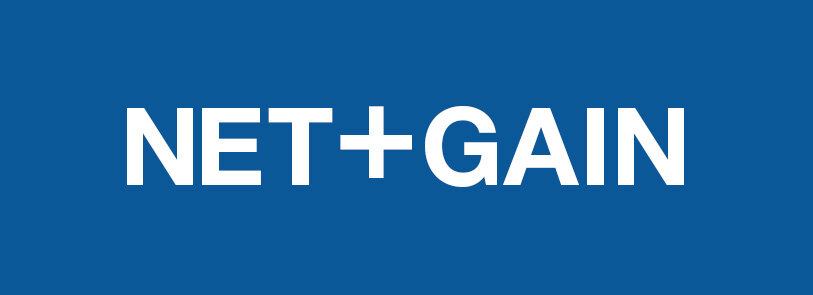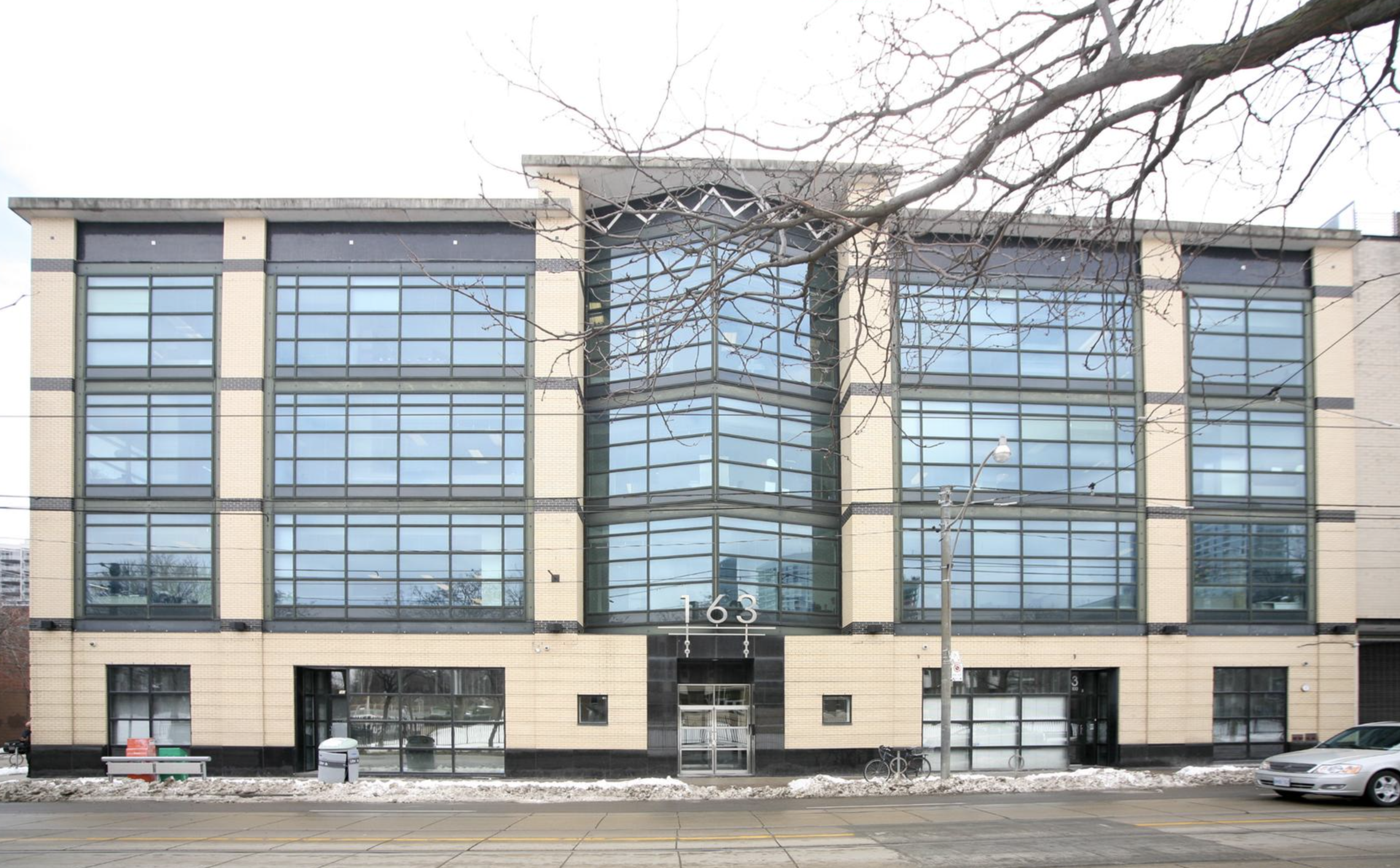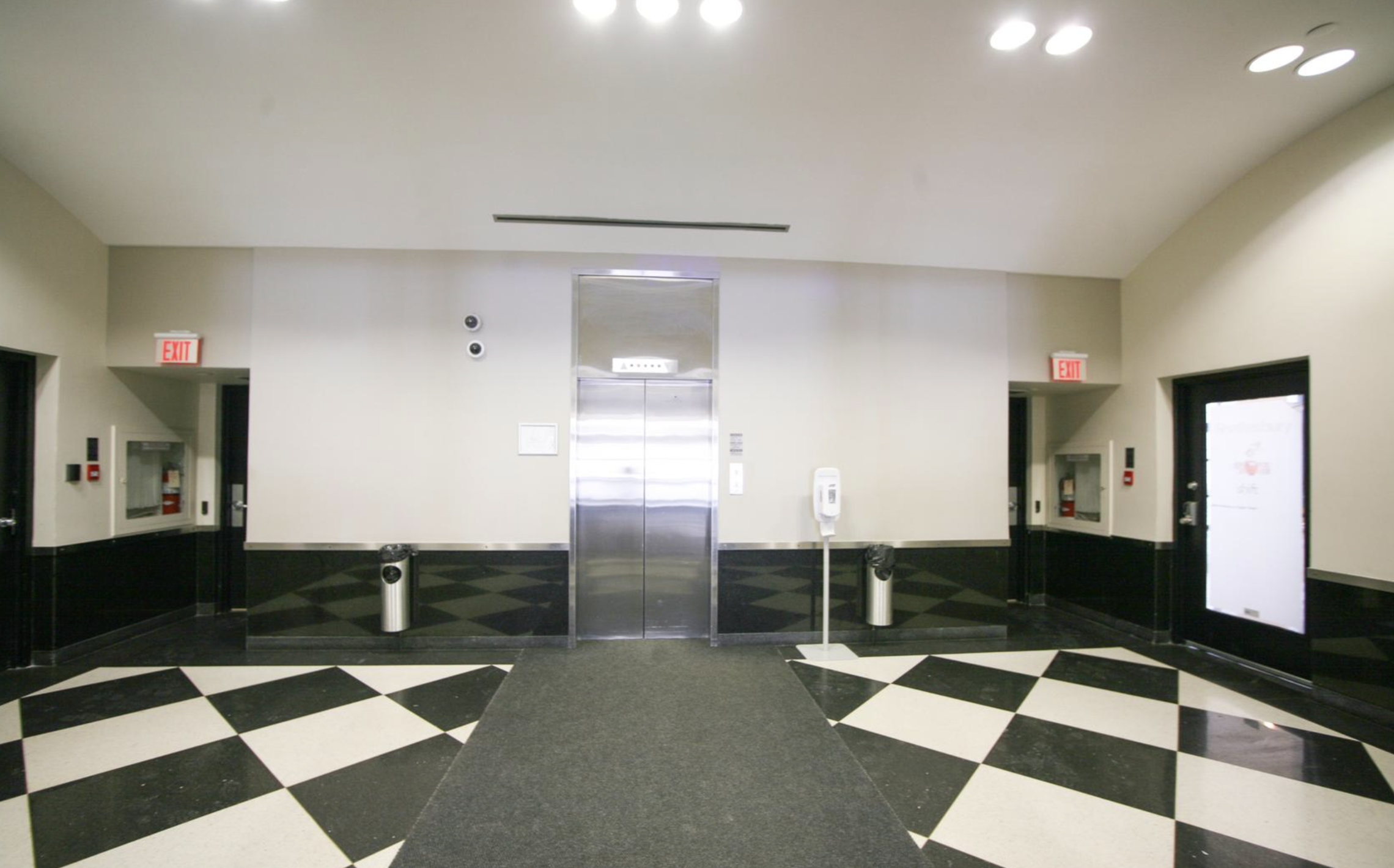Reimagining space for PWA’s Community
The Problem
New space, new challenges.
People With AIDS (PWA) Toronto recently received a significant gift: a new building to house their operations and serve the HIV/AIDS community. For an organization that has provided essential peer support, health services, and community programming for over three decades, this represented a transformational opportunity. The space itself was no longer the constraint.
However, the gift created a new set of challenges. The building came with substantial empty space that PWA alone could not fill or afford to maintain. Without additional programming and revenue streams, the operational costs of a larger facility would strain the organization's limited budget. The building risked becoming a burden rather than an asset.
Beyond the immediate space utilization issue, PWA faced a critical capacity gap. The organization lacked the strategic infrastructure to develop new programming at scale, cultivate major corporate sponsors, and attract complementary organizations to share the space. While PWA staff possessed deep community knowledge and program expertise, they needed technical capacity to navigate complex partnership development, corporate fundraising, and facility programming. They are hoping to expand on the clinical side as they have been consistent with their community outreach initiatives, such as the food bank and lunch programs, clicnic
The opportunity was clear: transform the building into an integrated hub where PWA's programming could expand and other HIV/AIDS service organizations could co-locate, creating synergies that would benefit the entire community. The challenge was execution. How could PWA secure the funding necessary to develop programming, make the space operationally sustainable, and attract the right organizational partners?
Pharmaceutical companies like Gilead Sciences, ViiV Healthcare, and Hassle Free Clinic generate billions annually from HIV medications, yet their corporate sponsorship rarely flows to grassroots community organizations at transformational levels. These companies understand the clinical side of HIV treatment, but the community organizations that ensure medication adherence, provide wraparound support, and deliver quality of life services remain chronically underfunded. By taking on a more clinical side of partnerships, while also paying close attention to corporate sponsorships for PWA’s food bank programs, the organization can leverage themselves to sustain during maintenance operations while doors are closed.
PWA currently need strategic partnerships to translate this building gift into sustainable community infrastructure.
Finding and Defining Opportunity
From empty space to community ecosystem.
The building presented multiple opportunities when approached strategically. Rather than viewing empty space as a necessity to fill, it could become the foundation for a comprehensive HIV/AIDS community hub. By inviting complementary organizations to occupy the building, PWA could create an ecosystem where community members access multiple services in one location, organizations share resources and reduce overhead costs, and the building becomes financially sustainable through shared operating expenses.
This model required significant upfront investment. New programming needed development and funding. The space required adaptation to accommodate multiple organizations. Technology infrastructure, shared amenities, and accessibility features needed installation. Most importantly, PWA needed capacity to manage this transformation while maintaining existing service delivery. NetGain is determined to integrate all fundraising efforts
NetGain's approach focuses on understanding client vision first, then building the strategic infrastructure to support it. For PWA Toronto, this meant:
Assessing building feasibility and capacity. Conducting comprehensive evaluation of the physical space to determine how many organizations it could realistically accommodate, what renovations were required, and what shared infrastructure would maximize utility while minimizing costs. For instance, an extra entryway and elevator will need to be included within the design in order for the 4th floor to be fully separate from PWA’s operations in the lower floors.
Developing a programming strategy. Identifying what new programs PWA should develop to fill portions of the space, what gaps in HIV/AIDS services existed in Toronto that the building could address, and what programming would be most fundable by corporate sponsors.
Creating a multi-tenant strategy. Determining what types of organizations would complement PWA's mission, what criteria should guide tenant selection, and how to structure agreements that benefit all parties while keeping community needs central. Tenants will also have to follow guidelines on how to best
Building a case for corporate pharmaceutical sponsorship. Articulating to companies like Gilead, ViiV Healthcare, and Hassle Free Clinic why investing in this community hub represents sound corporate citizenship. The connection is direct: their medications only succeed when people can access comprehensive support services. Learning from the WAGE Project and their similar trajectory, PWA could leverage their community-based focus and shift iA multi-organization hub improves medication adherence, reduces hospitalizations, and enhances quality of life, creating better outcomes for the populations these companies serve.
Developing sustainable revenue models. Identifying how the building could generate revenue through tenant rent agreements, program fees, corporate sponsorships, government grants, and individual donations to cover operational costs long-term.
Creating partnership frameworks. Establishing governance structures, shared service agreements, and collaborative programming models that allow multiple organizations to co-exist productively while maintaining their individual missions and identities.
Rising to Challenges
Navigating complexity across multiple stakeholders.
Transforming a gifted building into a multi-organization hub involves managing complexity across several dimensions:
Corporate fundraising at scale. Approaching pharmaceutical companies for major sponsorships requires sophisticated relationship management. These corporations evaluate funding opportunities through specific lenses: measurable health outcomes, alignment with corporate social responsibility goals, visibility and recognition, and return on investment. Translating PWA's community-centered work into these frameworks requires specialized expertise PWA staff did not possess.
Multi-organization coordination. Inviting other organizations to occupy the building means managing diverse stakeholders with different organizational cultures, funding sources, service models, and community relationships. Developing agreements that protect PWA's interests while creating genuine partnerships requires careful negotiation and clear governance structures.
Programming development capacity. Creating new programs is resource-intensive work. It requires needs assessment, program design, staff hiring and training, evaluation framework development, and sustained funding. For an organization already operating at capacity, adding program development without strategic support risks overwhelming existing operations.
Space adaptation and operational costs. Making the building functional for multiple organizations requires capital investment: renovations for accessibility, technology infrastructure, shared meeting spaces, privacy considerations for confidential services, and building systems that can handle increased use. These costs needed funding before the building could generate revenue.
Balancing community voice with operational efficiency. PWA's strength lies in its community-driven approach. Any transformation needed to maintain this while introducing professional management practices required for multi-organization operations. Finding this balance meant extensive community consultation alongside strategic planning.
Pharmaceutical partnership tensions. The companies best positioned to fund this work have complicated relationships with the HIV/AIDS community. High drug prices, patent protections, and profit-driven practices create legitimate skepticism. Pursuing corporate sponsorship while maintaining community trust and organizational values required careful navigation.
NetGain's role became providing the technical infrastructure to manage these challenges systematically. This meant developing professional materials, creating partnership frameworks, and building organizational capacity while ensuring community priorities remained central to all decision-making.
Results and Final Takeaways
Building sustainable community infrastructure.
The partnership between PWA Toronto and NetGain Partners focuses on developing the strategic capacity necessary to transform a building gift into thriving community infrastructure. Success requires several key outcomes:
Secured pharmaceutical corporate sponsorships. By articulating clear connections between community hub operations and health outcomes, PWA can access funding from companies whose products depend on the wraparound services community organizations provide. This creates sustainable revenue for programming development and building operations.
Developed expanded programming. New programs fill portions of the building while serving unmet community needs. This programming attracts additional funding, creates more touchpoints for community members, and demonstrates the hub's value to potential tenant organizations.
Recruited complementary tenant organizations. By bringing other HIV/AIDS service providers into the building, PWA creates a comprehensive service hub where community members can access multiple supports in one location. Tenant agreements generate revenue that offsets operational costs while creating collaboration opportunities that strengthen all organizations.
Created operational sustainability. Through diversified revenue streams including corporate sponsorships, government grants, tenant agreements, and program fees, the building becomes financially viable long-term. This ensures the gift remains an asset rather than becoming a financial burden.
Built organizational capacity. PWA develops internal expertise in corporate relationship management, multi-organization partnership coordination, and strategic facility management. This capacity allows the organization to thrive independently rather than requiring ongoing consulting support.
Maintained community-centered operations. Throughout transformation, community voice remains central. The building serves community needs first, with all partnership and programming decisions evaluated through the lens of community benefit.
Major accomplishments, inside and out.
The ultimate measure of success will be a building that functions as an integrated hub where:
Community members access comprehensive services from multiple organizations without navigating across the city. A person can attend peer support, meet with a case manager, access health services quickly and efficiently, and participate in cultural programming all in one location.
Organizations benefit from shared infrastructure and reduced overhead costs. Collaborative programming creates efficiencies and strengthens service delivery across all tenant organizations.
Corporate pharmaceutical sponsors see tangible impact from their investment. Clear metrics demonstrate improved health outcomes, medication adherence, and quality of life for people living with HIV who access hub services.
Operational costs are covered through sustainable revenue streams, ensuring the building remains an asset for decades rather than creating financial strain.
The space itself communicates dignity and worth to everyone who enters. Thoughtful design, accessibility features, and welcoming environments tell community members they are valued.
For NetGain Partners, this work represents the firm's commitment to helping non-profit organizations translate opportunities into sustainable operations. A gifted building is only valuable if it can be operationalized effectively. By providing strategic planning, corporate fundraising capacity, partnership development expertise, and operational frameworks, NetGain enables PWA Toronto to transform space into community infrastructure.





